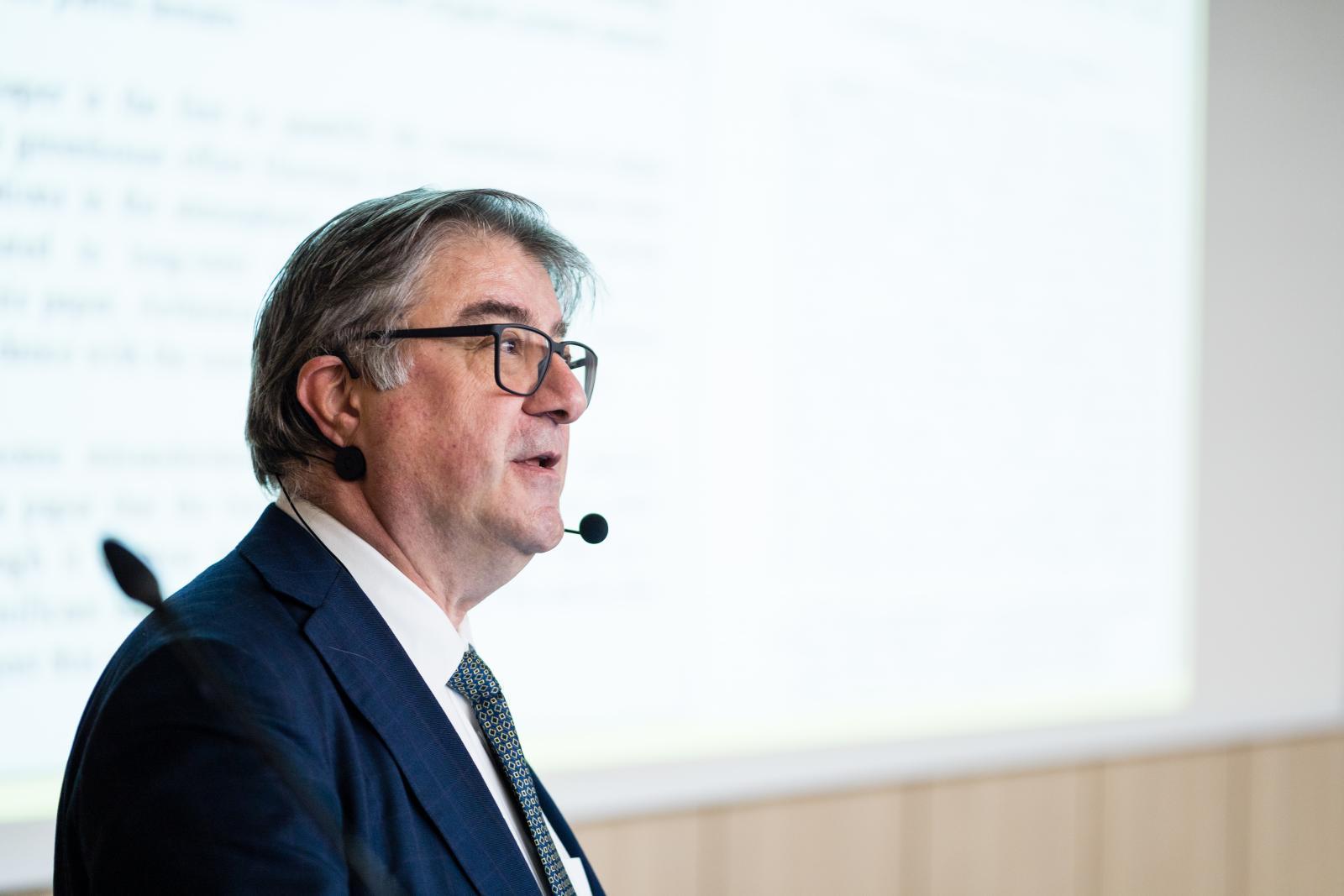Lecture: E-Mobility versus E-Fuels Mobility, or both?
You are cordially invited to a lecture by Professor Niyazi Serdar Sariciftci, which will take place on Thursday, 16 November, at 9:45 in room P16 (1.13).
Abstract:In recent years a strong emphasis for electrical cars and e-mobility is observable. Politically as well as financially the e-mobility is getting great support. On the other hand, the use of e-fuels for mobility of the future is often discussed in highly polarized fashion, often with misunderstanding. What are these e-fuels? Why do we need them?
In order to account for a sustainable future, the transport and storage of renewable energy are necessary. For this problem, we suggest the conversion of CO2 to chemical energy carrying compounds like methane, methanol and/or other synthetic fuels using renewable energy. This is a possible and viable method to make efficient, large scale energy storage. At the same time this will make a cyclic and sustainable CO2 economy.
We report studies on materials like conducting polymers of the third generation, functionalized with bio-organic catalysts which can be used in photo-electro-catalytic conversion devices. Going one step further, bio-catalysts such enzymes as well as living bacteria can be immobilized on electrodes. We report alternatively on immobilizing of enzymes onto functionalized graphene units creating a nano-bio-catalytic platform. Selectivity of such bio-catalysts is very high and combined with the room temperature ambient operation of such bio-electro-catalytic systems make them industrially highly attractive.
Professor Niyazi Serdar Sariciftci is Director of the Institute of Organic Solar Cells (LIOS) and the Institute of Physical Chemistry at JKU Linz. He is one of the world's most respected personalities and one of the most cited scientists in his field of research.
www.lios.at

| Published | |
|---|---|
| Link | https://www.fch.vut.cz/en/faculty/organizational-structure/ichtep/news/f142342/d263818 |